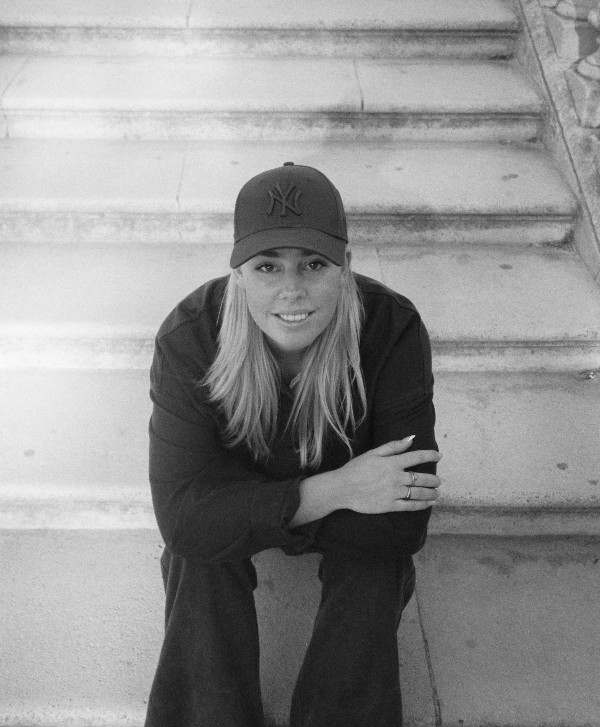Bella Webber touches the Margins of History in "Bobby"


Webber first encountered the idea for the film over dinner, when a friend described three lines buried in a Churchill biography. They told of an unnamed man who crossed to Dunkirk three times, each time returning with only one soldier. Other than a few scattered anecdotes that have surfaced, little more is known about him. That absence was what stayed with Webber. Instead of trying to reconstruct a history that was not there, she began circling a simpler question: what might compel someone to set out on a crossing that seemed both unimaginable and almost certainly fatal?
From the outset, Webber resisted the familiar grammar of the war film. Dunkirk serves only as context. The true subject is the space war leaves at its edges, the women, the unconscripted, the ones not written into record. “The same core emotions of duty, courage and grief can be present whether you are a soldier on the front line or a civilian in a small seaside town,” she says. Bobby acknowledges those connections with restraint, holding back from sentimentality or spectacle.
Bobby’s world is defined by what he does rather than what he says. At home, familiar noises become overwhelming. On the water, they fall away. Webber leaned on sound design to reveal an inner life, drawing inspiration from letters of the time that dwelled less on grand events and more on the mundane, a radio program, a passing remark, a small irritation. That precision grounds the film in details that carry the weight of something larger.
Making Bobby was its own kind of test. It was the first script Webber had written and the first short she directed with full financing, shot on 16mm and with parts filmed on water. She approached it methodically but left space for surprise and collaboration, allowing the film to take on its own rhythm. The result avoids reliance on exposition or conventional devices, instead finding its shape in restraint and constraint.
Webber’s path to Bobby runs through music, fashion, and film. She began directing in the music and entertainment industries, working with The Martinez Brothers, Chase & Status, J. Balvin, and the British Fashion Council. Her debut short, Tinfoil, won Best Indie Short at the London Directors Awards. She now works with Passion Pictures in London and Los Angeles and recently completed a production role on Rian Johnson’s Knives Out: Wake Up Dead Man.
For Escape Route Films, Bobby stands out for its clarity and its confidence in restraint. It does not attempt to tell the full story of Dunkirk, but instead lingers on what might have been left out, a single life, unrecorded, pointing to many more. And it pushes further, questioning the true length of war and the vast generations it spans and touches.
Find Bella here: bellawebber.co.uk and @bybellawebber